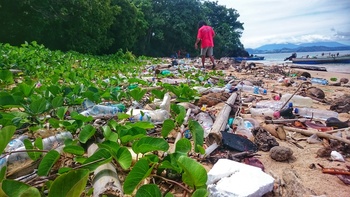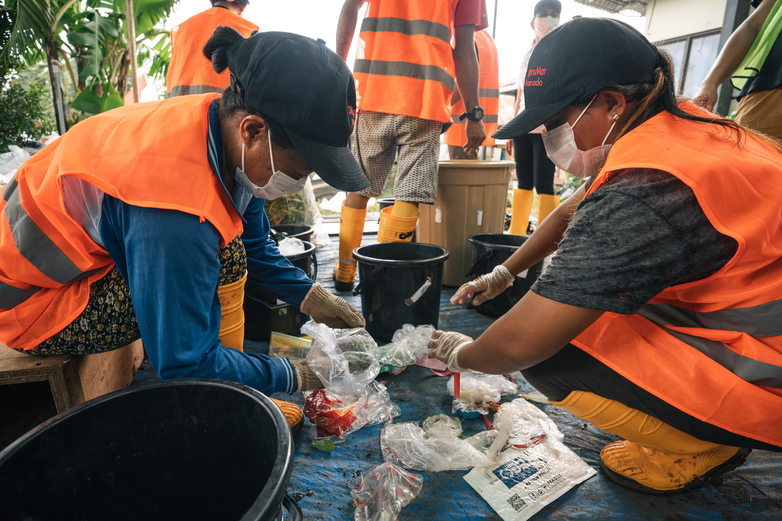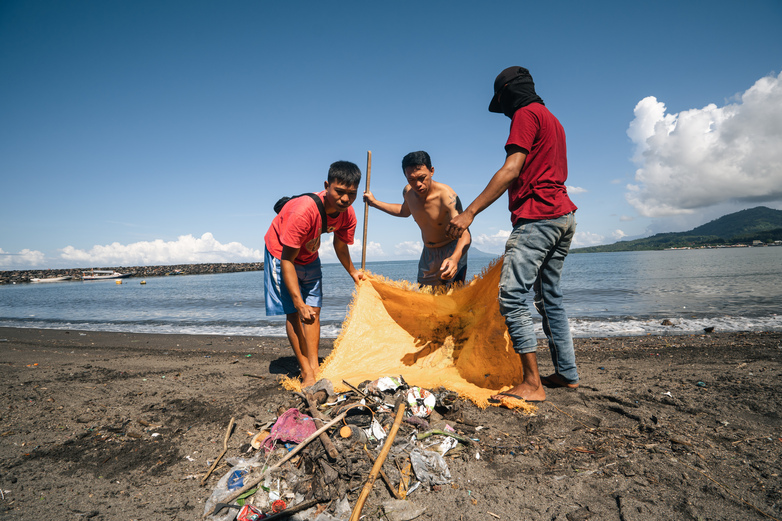Protecting the marine environment and coral reefs
Reduce, Reuse, Recycle to Protect the Marine Environment and Coral Reefs (3RproMar)
-
Commissioning Party
German Federal Ministry for Economic Cooperation and Development (BMZ)
-
Country
Cambodia, Indonesia, Philippines, and Viet Nam
-
Lead executing agency
More
-
Overall term
2020 to 2025
-
Products and expertise
Climate, environment, management of natural resources

Context
The amount of plastic waste entering our oceans is rising, with an estimated 11 million tonnes leaking into the marine environment every year. Discarded plastic items that find their way into the marine environment endanger marine life. Without urgent action to enhance waste management infrastructure and to move towards a more circular approach, the amount of plastic in the marine environment could outweigh fish in the oceans by 2050. Protecting marine diversity, the environment, health, society and the economy can only succeed with integrated regional cooperation.
The member states of the Association of Southeast Asian Nations (ASEAN) have thus committed to consolidating regional cooperation to combat marine litter through a series of frameworks and declarations. These include the Bangkok Declaration on Combating Marine Debris in ASEAN, the ASEAN Framework of Action on Marine Debris in 2019, and subsequently the ASEAN Regional Action Plan (RAP) for Combating Marine Debris (2021–2025).
Objective
ASEAN Member States are gradually improving their ability to implement measures aimed at reducing land-based waste leakage and protecting the marine environment.

Approach
The project aims to prevent marine plastic pollution and promote a stronger circular economy by:
- Promoting regional cooperation and knowledge management among the representatives of the ASEAN working groups dealing with marine litter and plastic pollution.
- Supporting the development of national measures for waste leakage reduction in the focused member states as well as their translation into local strategies and pushing for more space for the private sector’s contribution to waste reduction
- Implementing pilot projects in selected communities along the value chain, ranging from sustainable consumption to enhanced waste collection and recycling.

Last update: August 2023





